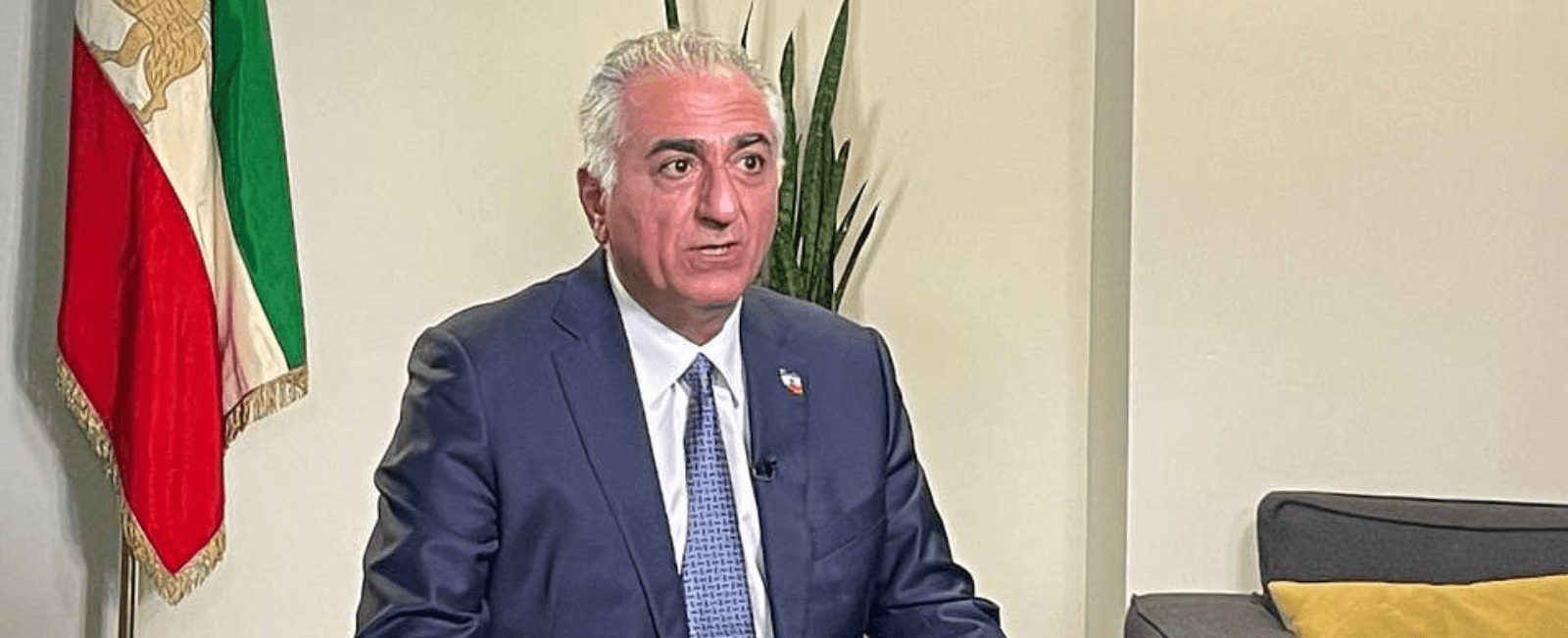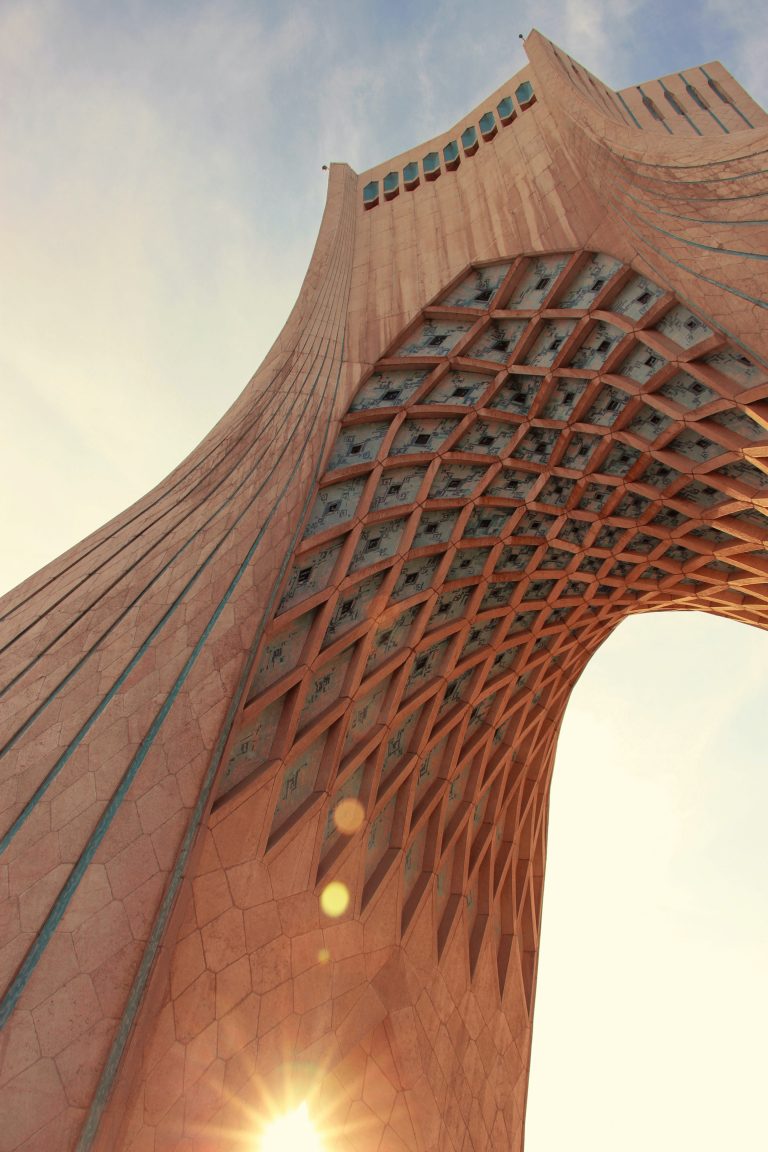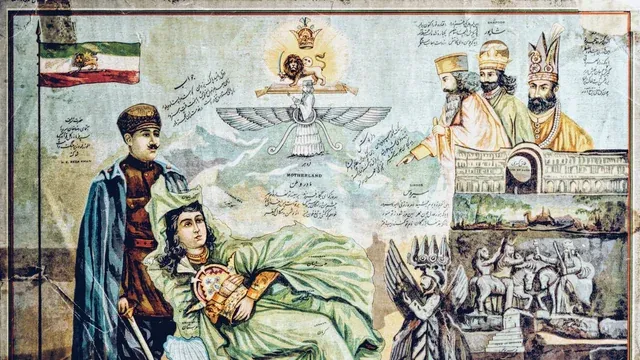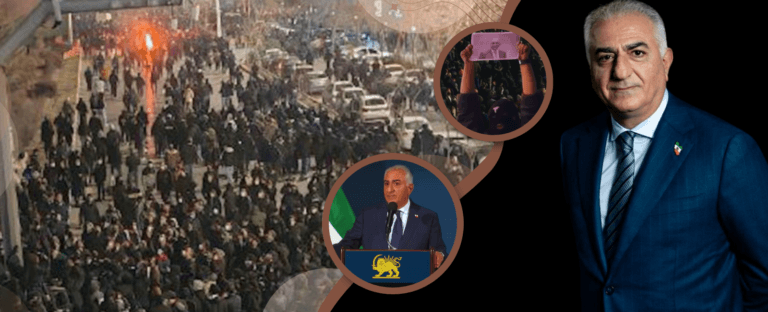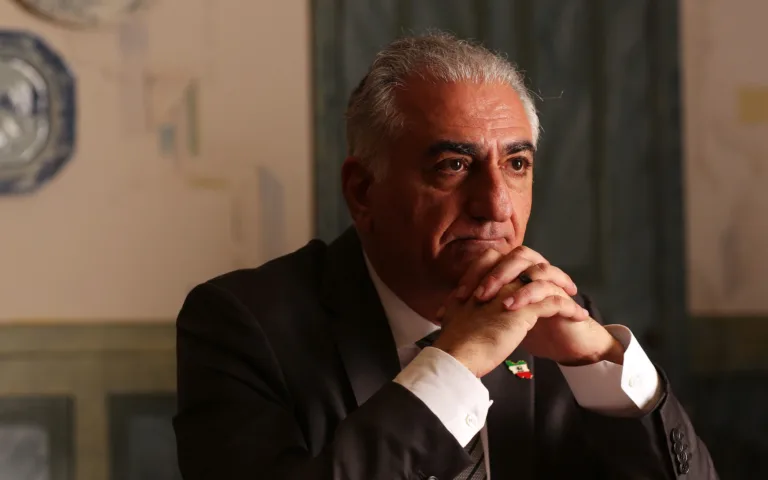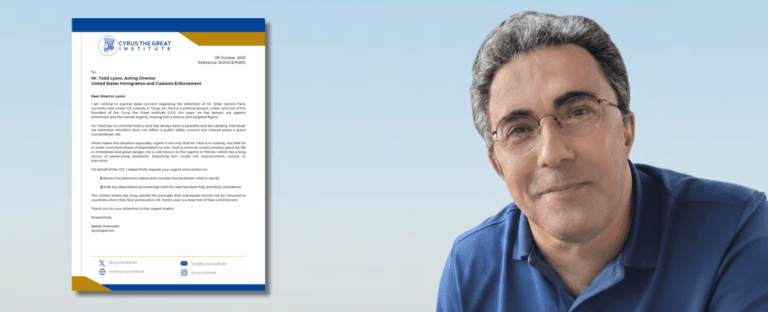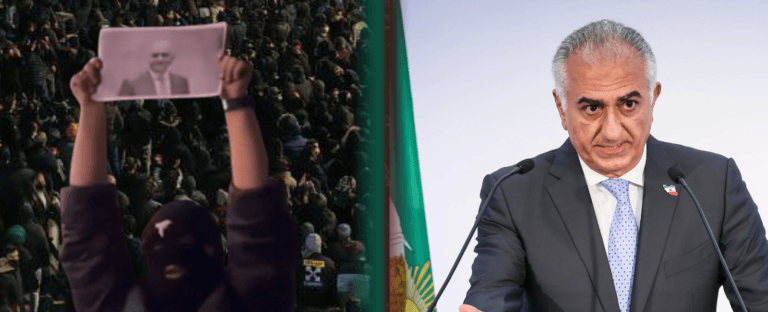A New Dawn of Peace: Prince Reza Pahlavi’s Vision for Reconciliation and Global Harmony
Iran has faced decades of turmoil and division, yet a path toward unity and progress remains possible. Prince Reza Pahlavi envisions a secular, democratic Iran where reconciliation replaces revenge, fostering stability at home and cooperation abroad. His commitment to diplomacy and regional peace contrasts sharply with the current regime’s policies of conflict and isolation. By normalizing relations with neighboring countries and engaging in global partnerships, Iran could shift from a source of tension to a force for stability. Despite challenges, Pahlavi’s emphasis on non-violent change and national unity offers a promising foundation for a peaceful and prosperous future.
For more than four decades, Iran has been caught in a cycle of political turmoil, suppression, and division. Yet, another path exists—one where unity replaces vengeance and the Iranian people reclaim their rightful place among nations, not as a source of instability but as a beacon of cultural richness, progress, and peace.
At the heart of this vision is Prince Reza Pahlavi, who advocates for a secular, democratic Iran founded on the principles of human dignity, national sovereignty, and global cooperation. His commitment to diplomacy over conflict echoes Iran’s historical role as a bridge between civilizations, demonstrating that true strength lies in fostering understanding rather than division.
Reconciliation is not a weakness but a strength. Iran’s heritage, dating back to the time of Cyrus the Great, is rooted in tolerance, justice, and the protection of human rights. The ethos of forgiveness and inclusion is embedded in Iranian history, yet today, the nation suffers under division, fear, and oppression. Prince Reza Pahlavi’s call for reconciliation over revenge reflects these ancient values, offering a path forward for Iranians and a region long plagued by conflict.
Pahlavi’s vision extends beyond Iran’s borders, seeking to foster a peaceful Middle East through diplomacy and cooperation. He has consistently emphasized the importance of mutual respect among nations, particularly advocating for Iran to normalize relations with its neighbors, including Israel and the Arab states. This approach could mark the beginning of a new era of regional diplomacy—one where hostility is replaced with collaboration, and where Iran once again plays a constructive role in ensuring stability rather than fueling discord.
The Islamic regime’s strained relations with its neighbors stem from policies that have fueled and exacerbated regional tensions. A shift toward peace and constructive diplomacy under Pahlavi’s leadership would transform Iran into a cornerstone of economic cooperation, cultural exchange, and political stability. This transformation would benefit not only Iranians but also millions across the region, paving the way for a Middle East defined by growth and mutual prosperity rather than conflict.
Beyond the Middle East, a stable and democratic Iran would have profound implications for global security. With leadership committed to peace, Iran would cease exporting extremism, engage in meaningful economic collaborations, and reestablish itself as a bridge between East and West. For decades, the world has viewed the regime in Iran as a potential threat due to its malign activities, but under Pahlavi’s envisioned governance, the country would shift from being a source of concern to a beacon of reconciliation and cooperation.
A reconciled Iran would also ease concerns over nuclear proliferation, reaffirming its role as a responsible member of the global community. By engaging with international partners in non-proliferation efforts and contributing to peace-oriented initiatives, Iran could not only restore global trust but also unlock new opportunities for trade, investment, and economic revival. The vast potential of a new and democratic Iran is undeniable, offering opportunities for global markets and fostering partnerships that benefit all.
However, this vision is not without challenges. The political landscape Pahlavi would navigate is intricate, with resistance from entrenched interests that thrive on the status quo. The Islamic Republic of Iran has historically suppressed opposition through violence, and any revolutionary movement will face significant obstacles. Yet, Pahlavi’s steadfast advocacy for unity and peace continues to gain traction, both within Iran and among the diaspora. His emphasis on nonviolent resistance and strategic alliances with democratic nations bolsters the viability of his vision.
Iran’s journey under Prince Reza Pahlavi’s leadership is not merely about changing a government but about transforming its societal ethos from vengeance to reconciliation. This transformation could serve as a cornerstone for peace not only in the Middle East but globally. Let us heed the call for a new dawn of diplomacy, understanding, and mutual respect, looking to both historical precedents and the current movements within Iran for guidance. The future of Iran—and by extension, global peace—may depend on recognizing and supporting leaders like Pahlavi, who prioritize dialogue and reconciliation over historical grievances.

